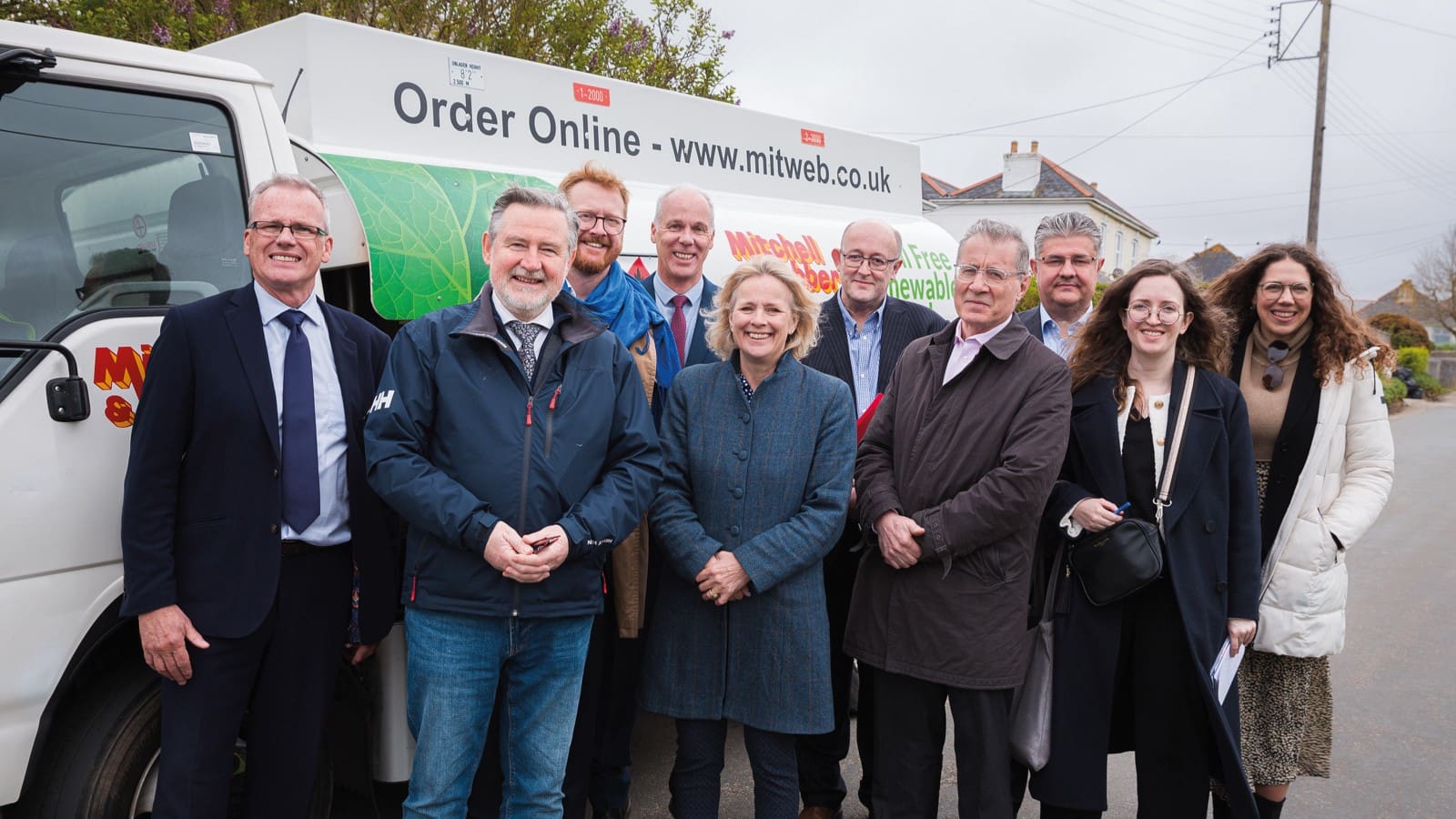OFTEC and UKIFDA are confident that their demonstration project has made a conclusive case for the use of HVO in heating.
OFTEC and UKIFDA are confident that their demonstration project has made a conclusive case for the use of HVO in heating.

After three successful heating seasons, OFTEC and UKIFDA are confident that their demonstration project has made a conclusive case for the use of HVO in heating.
The results are set out in a detailed report on the industry-funded project, the current phase of which is now completed. The project focussed on the real-world use of HVO, so existing heating systems were utilised in the 126 homes and nine non-domestic buildings that participated.
The main goal of the project was to test the deployment of HVO in as wide a range of typical situations as possible. This meant selecting sites right across Britain and ensuring that a broad cross-section of appliance types was included. The test sites included both condensing and non-condensing boilers, combi boilers, system appliances and cookers.
Appliance output was typical of the types commonly used in the UK, with 38 between 10 – 20kW, 63 between 20 – 30kW and 22 between 30 – 40kW. The conversions were straightforward and typically involved the following steps:
In the case of the cooker, the sleeve burner was replaced by a purpose-made pot burner. The conversion process for the sites typically took just over an hour and could easily be completed as part of a routine service by a technician.
All the appliances used in the project successfully operated on HVO with no reports of diminished combustion performance. Comparing measured boiler efficiency pre and post conversion to HVO, the aggregate differential ranged from negative 1.1% to positive 4.7% when compared to measurements obtained when the same appliance was fired on kerosene.
To demonstrate the full potential of HVO as a low carbon solution, 100% HVO was used throughout the project, resulting in a typical carbon reduction of 88% compared to kerosene.
Not surprisingly, the homeowners involved in the project were extremely positive about it, relishing the way their emissions had been reduced with so little fuss or inconvenience. A further positive outcome is that all the learning outcomes will be included in OFTEC’s HVO handbook.
From a heat policy perspective, this highlights that for households and businesses with existing oil heating systems, HVO provides a straightforward pathway to very significant carbon reductions by minimising capital cost and disruption – the two issues most likely to hinder the deployment of air source heat pumps, the UK and Irish Government’s preferred low carbon technology for rural off- gas grid homes.
This point was made most powerfully in the Cornish village of Kehelland, where 17 homes were converted during the project. OFTEC and UKIFDA made detailed comparisons of the cost of HVO conversion against an air source heat pump, utilising an online installation calculator tool published by the UK government.
The calculator included costs for any energy efficiency improvements recommended in the home’s EPC as part of the heat pump conversion, so these were also included in the comparison. It meant that while the cost of HVO conversion was just a few hundred pounds, the average cost of fitting a heat pump and carrying out the recommended retrofit work was an eye- watering £23,940.
Of course, running costs are a different story because HVO is currently a more expensive fuel than kerosene although, with the cost of electricity high in the UK, the difference compared to the heat pump options modelled was less than might have been expected.
Indeed, in the highest electricity cost modelled, HVO came out ahead. However, the low carbon options were all more expensive than the existing fossil fuel, which currently makes heat decarbonisation a difficult sell to consumers for politicians and policymakers.
To counter this, OFTEC and UKIFDA have proposed changes to regularise the tax on HVO used in heating and the implementation of a fuel obligation scheme that would make the running costs for HVO much closer to kerosene. The use of blended fuels is also being actively researched.
These proposals would enable policy makers to capitalise on this easy transition pathway to low carbon heating and ensure rural oil-heated households and businesses have the necessary technology choices they need.
Image credit: Image courtesy of Mitchell & Webber
© 2025 Created by Euromedia Associates Ltd